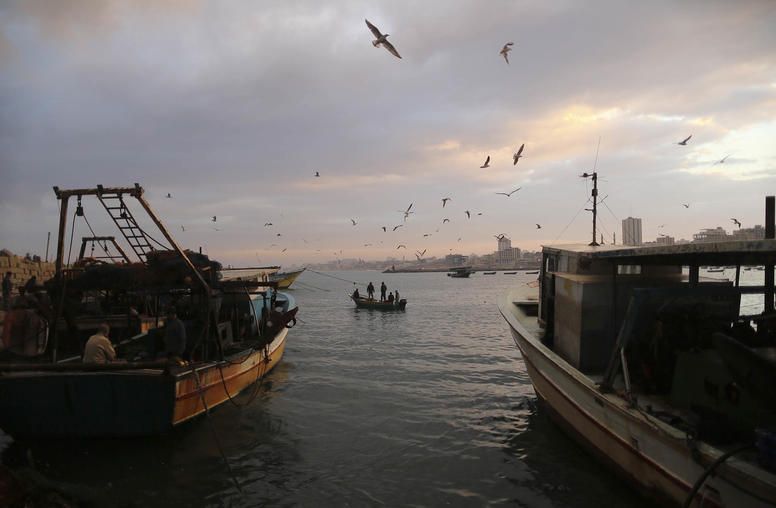Justice and Security Dialogue
Justice and Security Dialogue brings together stakeholders at the local community level to strengthen rule of law and security by building lines of communication, increasing trust, sharing information, promoting accountability, and providing input on justice and security reform needs and options.
The United States Institute of Peace (USIP) has pioneered a new approach to promoting dialogue and cooperation between civil society, justice and security agencies and political actors in countries emerging from conflict. Geared for countries in transition, out of conflict, or where a fragile peace process is being buffeted by a surge in crime and constant political turmoil, the Justice and Security Dialogue (JSD) program seeks to identify challenges to justice and security, bridge the gulf of mistrust between civilian police and local communities by nurturing communication, cooperation, and recognition that justice and security are two sides of the same coin.
JSD engages a wide variety of actors - including justice and security system stakeholders (both in the government and non-state actors), civil society representatives (including those representing human rights, development, the media, women, and youth), government at both local and national levels, and the country's political parties - in the process of finding joint solutions to shared problems. The long-term goal of JSD is to help enhance public security and usher in a society that respects the rule of law.
The Principle of Justice and Security Dialogue
Justice and Security Dialogue develops in the field. It evolves in response to a country's emerging needs and to a growing recognition of how justice and security are requisites to building peace in a country emerging from conflict. But while JSD has not grown according to a predetermined strategy or blueprint and must be tailored to the context of the country involved, it has from its early days adhered to three general principles that together form JSD's basic methodology:
- Partnerships - JSD depends on forming a variety of partnerships at different levels: international-national, national-local, police-civil society, and so forth. These partnerships are crucial for three reasons. The ties between partners are sustained and strengthened by constant consultation and by collaboration in the conceptualization as well as implementation of programs.
- Process - The process of working together is no less important that the accomplishment of specific goals. By emphasizing an inclusive and transparent process, JSD gives stakeholders the opportunity to set their own objectives and the tools with which to pursue them in a sustainable fashion.
- Pragmatism - The aim of JSD is not merely to open lines of communication between mistrustful groups but also to increase understanding of the particular justice and security issues of a community, create a sense of accomplishment among participants, and to make a pragmatic difference in people's lives by paving ways forward for parties to mutually engage nonviolently and by documenting the challenges and actions items discussed in the dialogues to increase the sustainability of the resolutions.
JSD introduces stakeholders to techniques and introduces them to ideas and case studies that they may take, adapt for their own context, and apply in the field, thus making a tangible difference in their own lives.



